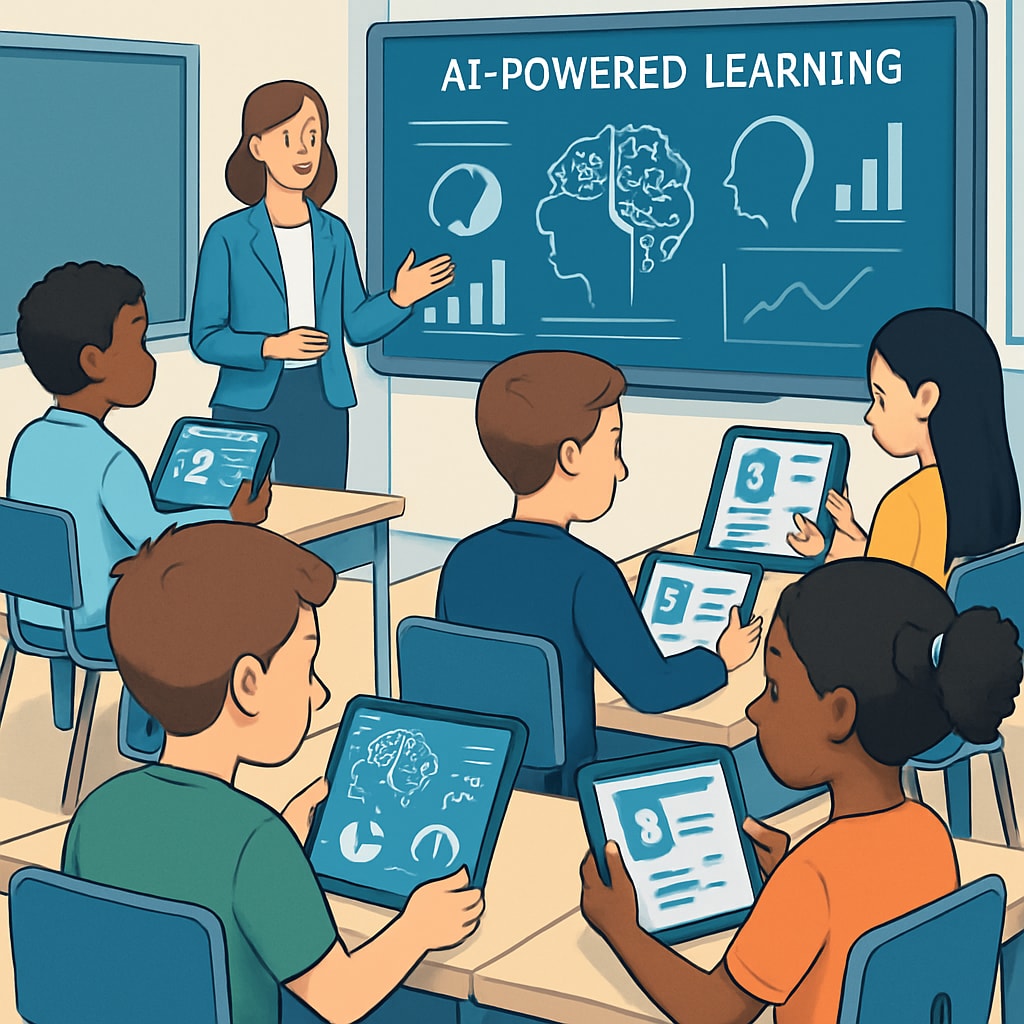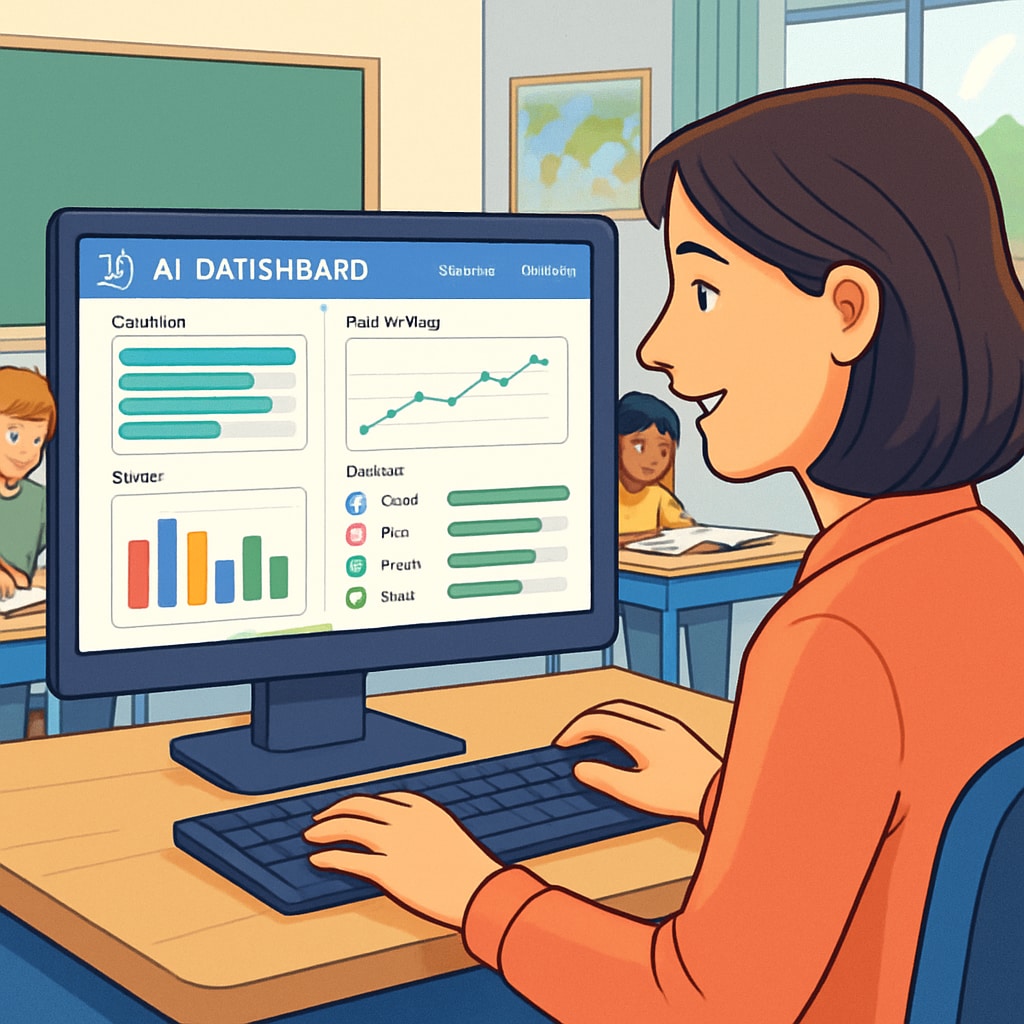Artificial intelligence (AI) is poised to redefine school education as we know it. With advancements in machine learning and data-driven technologies, the K12 classroom is transforming rapidly. From personalized learning experiences to innovative assessment methods, the potential future impact of artificial intelligence in school education is vast. In this article, we explore five key areas where AI is expected to reshape K12 education in the next 5-10 years.
Personalized Learning: Tailoring Education to Individual Needs
One of the most significant impacts of AI on education is its ability to deliver personalized learning experiences. By analyzing student data such as performance, learning speed, and preferences, AI systems can create customized learning pathways that cater to individual needs. For example, platforms like Khan Academy already use algorithms to recommend lessons based on student progress.
In addition, AI-powered tools can adapt in real-time, adjusting the difficulty of tasks based on a student’s understanding. This ensures that every learner is appropriately challenged, promoting deeper engagement and comprehension.

Teacher Transformation: AI as a Collaborative Partner
Rather than replacing teachers, AI is expected to become a valuable assistant in the classroom. By automating administrative tasks such as grading and attendance tracking, AI can free up educators to focus more on teaching and mentoring.
Moreover, AI tools can provide teachers with insights into student performance, highlighting areas where individuals might be struggling. This allows educators to offer targeted support and interventions. For example, predictive analytics can help teachers identify at-risk students early on, enabling timely assistance.

Innovative Assessment Methods
Traditional exams often fail to provide a comprehensive picture of student learning. AI offers new possibilities for assessment, from analyzing essay content to evaluating problem-solving skills in simulations. Platforms powered by natural language processing (NLP) can grade essays with consistent accuracy, reducing human bias.
Additionally, AI can assess soft skills like collaboration and creativity through interactive and project-based learning activities. These methods provide a holistic view of a student’s capabilities, paving the way for more meaningful evaluations.
Enhanced Accessibility and Inclusion
AI has the potential to make education more accessible for students with disabilities. For instance, AI-powered speech recognition tools can assist students with hearing impairments, while text-to-speech systems support those with visual challenges. Similarly, adaptive learning platforms can cater to neurodiverse students, ensuring inclusivity in the classroom.
By breaking down barriers to learning, AI creates opportunities for all students to thrive, regardless of their circumstances.
Preparing Students for an AI-Driven Future
As AI becomes increasingly integrated into society, schools must prepare students for careers in a technology-driven world. AI can support this by introducing coding, data analysis, and critical thinking skills into the curriculum. For example, platforms like Britannica provide resources on AI concepts, helping students understand the technology behind the tools they use daily.
In addition, AI simulations can immerse students in real-world scenarios, fostering problem-solving and decision-making abilities that are essential for future success.
Conclusion: Artificial intelligence is more than a tool—it is a transformative force in school education. From personalized learning experiences to redefined teacher roles and innovative assessments, AI’s impact on K12 classrooms will be profound. As educators and parents prepare for these changes, embracing AI’s potential is key to ensuring students receive the education they need to succeed in an increasingly digital world.


